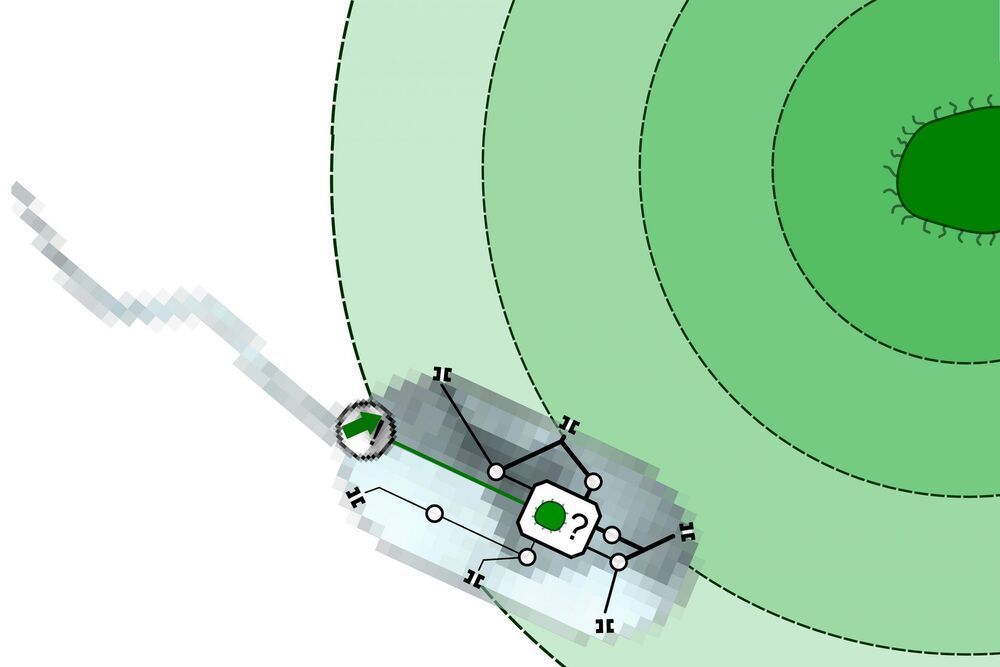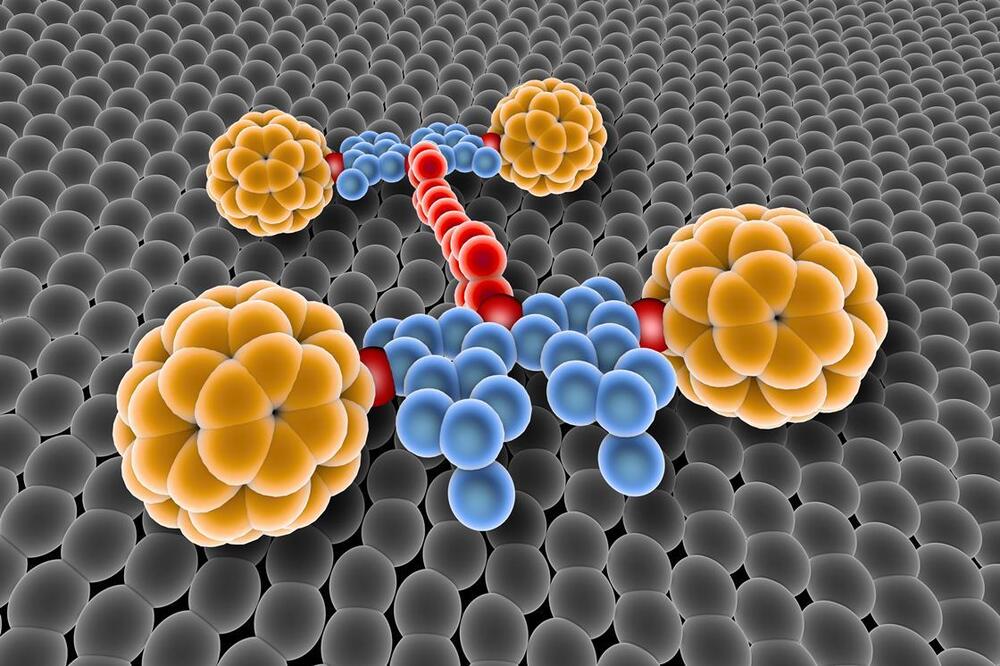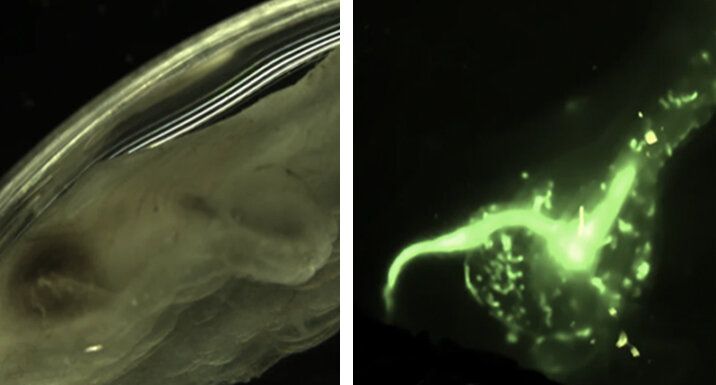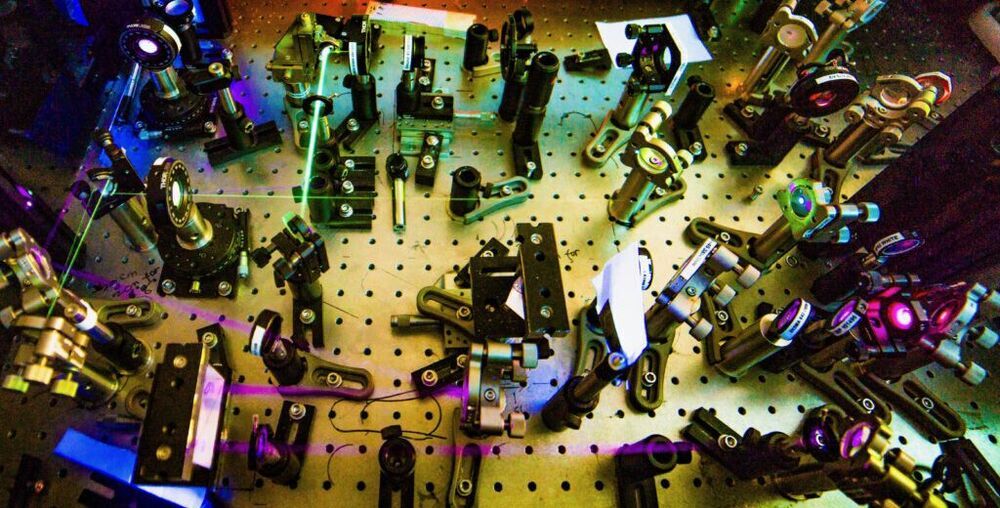How do simple creatures manage to move to a specific place? Artificial intelligence and a physical model from TU Wien can now explain this.
How is it possible to move in the desired direction without a brain or nervous system? Single-celled organisms apparently manage this feat without any problems: for example, they can swim towards food with the help of small flagellar tails.
How these extremely simply built creatures manage to do this was not entirely clear until now. However, a research team at TU Wien (Vienna) has now been able to simulate this process on the computer: They calculated the physical interaction between a very simple model organism and its environment. This environment is a liquid with a non-uniform chemical composition, it contains food sources that are unevenly distributed.







